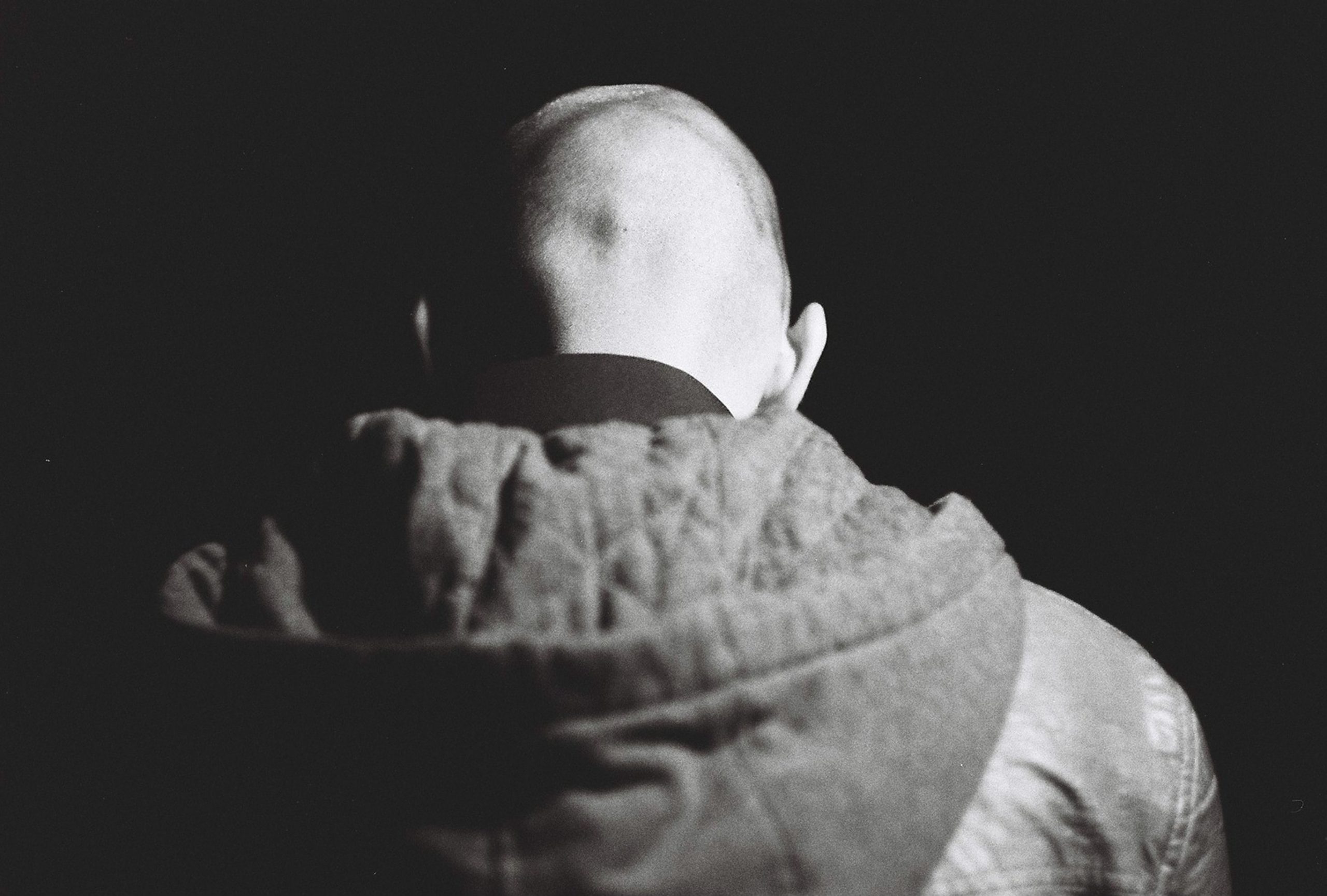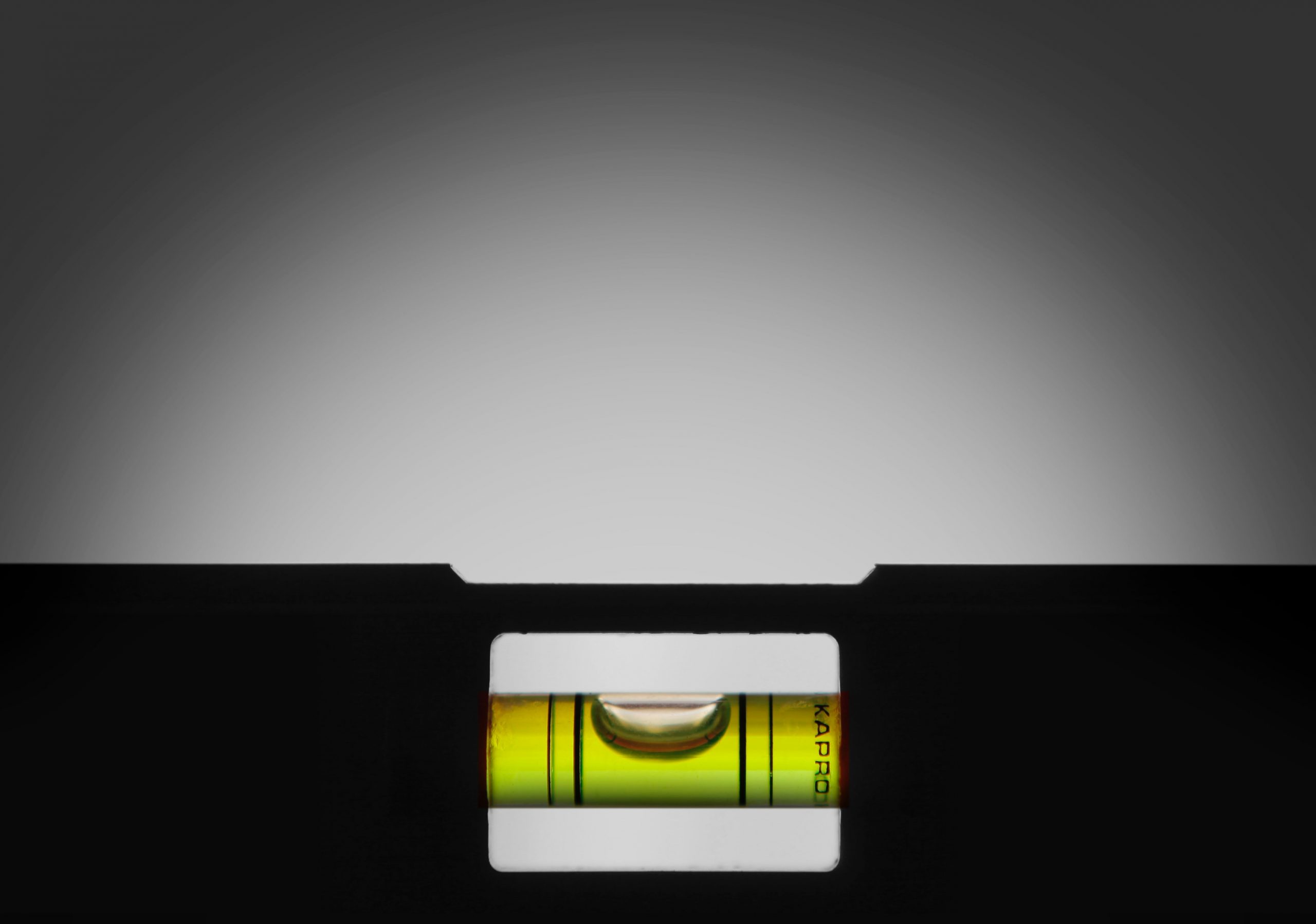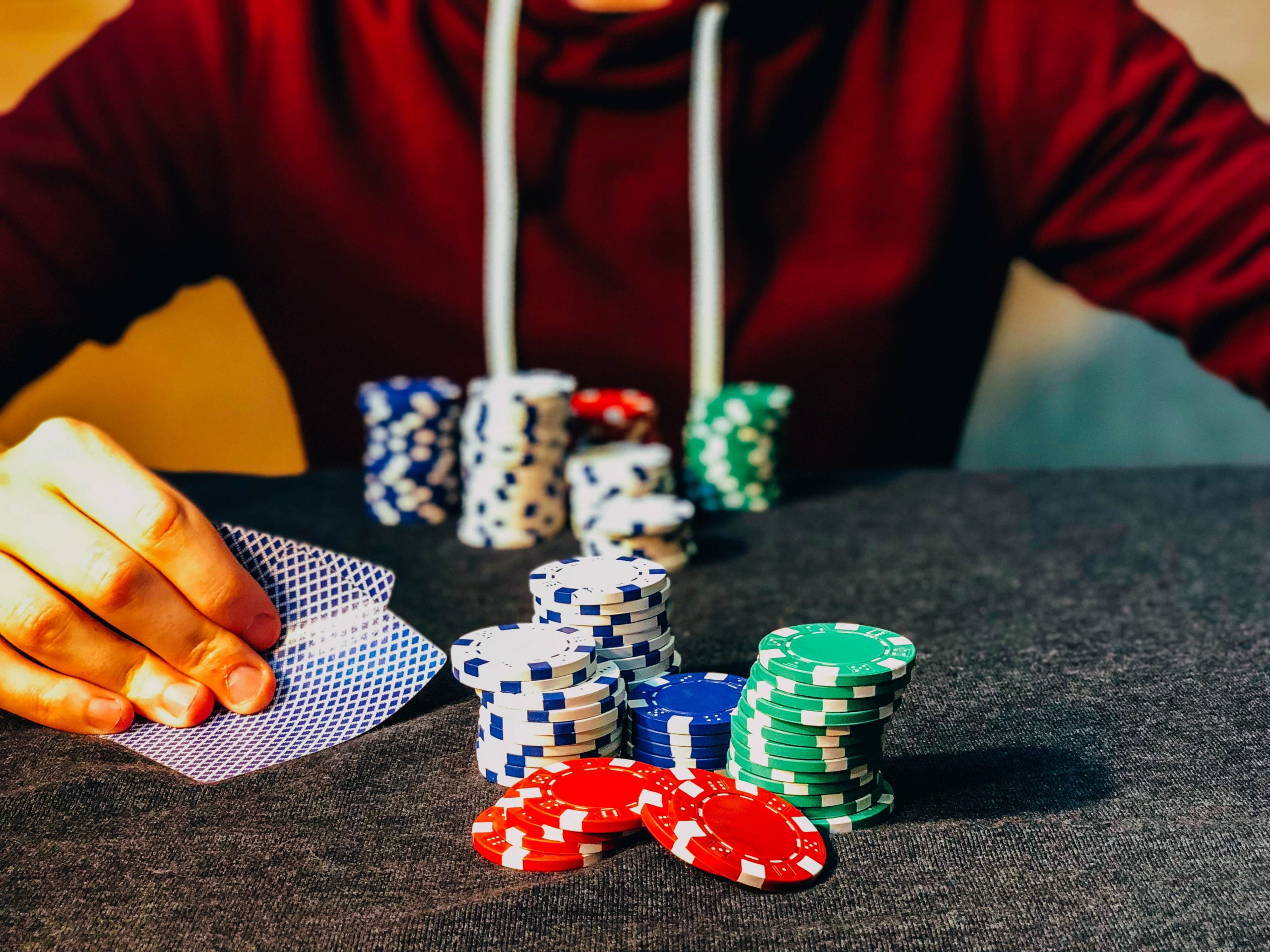#Islam
Islam And The Pain-Pleasure Balance
Published

The Creator
One of Allah’s

Take salmon, for example. They are born in freshwater rivers, but live the majority of their lives in the ocean. They swim back to where they were born in order to lay their eggs. They memorize the smell of their birthplace, and that is how they can return; and the Earth’s magnetic field helps the salmon orient themselves. Salmon don’t learn this from other fish; rather they inherit it genetically. This genetic inheritance is a form of guidance, and so is the way in which genes can adapt to different situations. This is a basic form of guidance: to survive and to thrive in this world as unique species.
We, too, have been created with physiological guidance systems that help us to move towards what is good for us, in the form of biological mechanisms. We feel thirst, for example, letting us know that our body needs water. We do not have to guess or discover that we need water. This intrinsic mechanism given to us by Allah
Keep supporting MuslimMatters for the sake of Allah
Alhamdulillah, we're at over 850 supporters. Help us get to 900 supporters this month. All it takes is a small gift from a reader like you to keep us going, for just $2 / month.
The Prophet (SAW) has taught us the best of deeds are those that done consistently, even if they are small. Click here to support MuslimMatters with a monthly donation of $2 per month. Set it and collect blessings from Allah (swt) for the khayr you're supporting without thinking about it.
Allah
While our bodies and souls were given this foundational, natural guidance, they can be confused by competing messages or corrupted by what we choose to do with them. We can feel thirst and choose to drink sugar-laden soda or alcohol, or ignore that thirst completely. We can feel in awe of the world and still insist there is nothing beyond a biological, mechanistic existence. Therefore, we are given other forms of guidance that are extrinsic and require us to ponder and contemplate, such as the natural world around us, and those that show us how to live in this world; indeed, what is beyond this world. We are given revelation.
The Pain-Pleasure Balance

“Pain” does not necessarily mean physical pain, but anything that can be unpleasant or act as stressors on our minds and bodies. Many times this pain is slight: you might see dessert, get excited about it as the plate nears you, and feel the pleasure of the delicious food once you eat it. Afterwards, this good feeling wears off and, if you’re not too full, you might be tempted to take another bite to get that feeling again. If you wait a little, however, the craving for one more bite goes away, and you are back to a neutral state.
From a spiritual perspective, this reminds us that pleasure – different to contentment – cannot be a permanent state – at least not in this world -, and is not necessarily healthy for us in any case. Indeed, Paradise is the ultimate bliss, where those who dwell:
“will not hear therein ill speech or commission of sin—Only a saying: ‘Peace, peace.’” [Al-Waqi’ah;25–26]
In this world, it is a balance. And this is part of the wisdom of why Muslims are commanded to be moderate (i.e. take the middle way) in all things – our Creator made this the path to physical and spiritual thriving in the world. The things necessary for our survival – food, drink, companionship – all have pleasure contained within them, and they are regulated so that we do not tip the balance too much to one side, and suffer the consequences. God says in the Qur’an:
“… eat and drink, but do not be extravagant; surely He does not love the extravagant” [Al-A’-raf:31]
Basically, do not go overboard. Be conservative in your consumption, and at most, be moderate. Reign in your desires. The Prophet
“The son of Adam cannot fill a vessel worse than his stomach, as it is enough for him to take a few bites to straighten his back. If he cannot do it, then he may fill it with a third of his food, a third of his drink, and a third of his breath.” [Tirmidhī]
Similarly, sexual relations outside the context of marriage are considered going beyond the bounds. When the pursuit of sexual pleasure becomes the ultimate aim, we end up treating human being as tools; and this is perhaps what we are seeing with the proliferation of one-night-stands and one-click hookups. The wisdom of Qur’anic injunctions against ‘israf’ – going beyond – are apparent.
This natural balance – where our brain tilts to the other side before leveling out – teaches us that the pursuit of pleasure is not, or should not be, the ultimate pursuit of human beings, despite what some hedonistic aphorisms might teach (“do you”, “yolo”). We are created for much more worthwhile endeavors. And if we forget that, then our body’s tilt towards pain will surely remind us of that. Indeed, this reminds us that our physical bodies cannot handle it; it was made for something else.
This process also teaches us the value of patience, waiting when needed, and delaying gratification. If I am always giving in to my wants and my cravings, satisfaction becomes elusive, if not impossible, precisely because after getting that which I desire, the craving will hit again. But as human beings, we have the power to stop it by disciplining ourselves and letting the craving pass; controlling the desire rather than let it control us. This is, of course, in general, and is why addiction is so dangerous – the natural system of regulation becomes much harder to maintain.
On the other side of the pain-pleasure balance, low exposure to stressors (hormesis) means that our bodies ‘reward’ us with a release of dopamine, making us feel good. Again, this stressor is not like someone smacking you (!), but rather, the stress or ‘pain’ of exercise, for example. It is tiring and puts strain on the body at the moment, but when we are done, we are flooded with a good feeling. Our body up-regulates our own production of feel-good hormones, such that we are not dependent on an external substance to deliver it directly. Indeed, after a while, the exercise itself becomes pleasurable in a different way. Allah
“We will show them Our signs in the horizons and in themselves…”[Surah Fussilat:53]
These signs teach us that the harder thing in many cases is what is rewarding, ultimately. Perhaps we are shown this in our bodies so that we can understand how it works for our souls. We are mandated to pray, even the dawn prayer when the world is still dark, to fast for hours from food and water for a whole month (Ramadan), to make the effort to go on the greater pilgrimage (Hajj), to give away part of our wealth (Zakat), and to choose the high road when dealing with people. These things may be, in the moment, ‘painful’, but the reward that comes after – including the metaphysical nature of barakah (blessing) – is the real prize.
Indeed, we are recommended to do a voluntary version of the mandated actions: praying the voluntary night prayer (qiyam), fasting two days a week or three days a month outside of Ramadan, going on the lesser pilgrimage (Umrah), and giving voluntary charity (sadaqah). We are encouraged to do better in our interactions with people. We discipline the soul through these measures. But if we want to avoid this immediate type of ‘pain’, we will forgo these actions to fulfill the desire of the moment. On the other hand, if we understand that this pain leads to a more lasting reward with God, to a feeling of contentment, then we will train ourselves to do them.
The Potential for Addiction
Through God’s guidance and the natural configuration of the soul, we can inch towards this balanced way of living to, ultimately, earn His pleasure and enter into Paradise. Yet inside of us, we have a nafs, which wants us to indulge, or overindulge, our base desires; outside of us, there is satan (shaytan), who seeks to lead us astray. This potent mix along with the exploitation of our biology can make certain substances addictive.
Thus, while we are directed to be balanced in most of our endeavors, there are certain things we are supposed to eschew completely. Allah

“You who believe, intoxicants and gambling, idolatrous practices, and [divining with] arrows are repugnant acts – Satan’s doing- shun them so that you may prosper.” [Al-Ma’idah:90]

So, when something pleasurable is necessary for our well-being, such as food and companionship, we are taught to regulate – to be in a state of balance. When the harms far outweigh the benefits – and one of the harms is addiction – then we avoid it completely. Indeed, that is the ultimate aim of programs like the 12-step-program for those with addiction to alcohol; not to regulate alcohol consumption, but to do away with it completely.
The Age of (instant) Dopamine Hits and Leaning into Pain
In the age of convenient forms of dopamine hits (the likes on social media, the processed snack), the potential to get addicted has risen exponentially, and because addiction is a spectrum condition, we are all perhaps somewhat addicted to something; whether the phone that is glued to our hands or the social media app that we can’t help but look at at every interval. On the one hand, one might ask, “well, what’s the harm? Why can’t I enjoy myself?” However, these are engineered to be addictive; someone on the other side is getting paid to make it so (see The Social Dilemma documentary2Documentary: The Social Dilemma (2020); Michael Moss’ Hooked: Food, Free Will, and How the Food Giants Exploit Our Addictions)3Michael Moss, Hooked: Food, Free Will, and How the Food Giants Exploit Our Addictions, Random House; 1st edition (March 2, 2021).
When we become addicted to pleasure, that is what preoccupies us; we become distracted beings. It teaches us to chase pleasure and shirk any form of pain, no matter how minute or ultimately beneficial. It is the opposite of being a mindful Muslim, who is in the remembrance of God, who works on disciplining and refining his soul.
Beyond neuroscience, in the dystopian novel Brave New World, Aldous Huxley talks about a world engineered to be with no pain, and you get anything you desire – indeed, you live by your desires. The inhabitants take “soma”, a pill that alters your mood and takes you on a ‘holiday’ in your own inner world; the perfect form of escapism. But even in the novel, once a month the inhabitants have to undergo ‘Violent Passion Surrogate (VPS) treatment’, which floods the system with fear and rage. There is almost a recognition that our bodies in this world physically cannot handle mindless, intense pleasure (as separate from contentment, fulfillment, joy) without there being a drawback:
…”What you need,” the Savage went on, “is something with tears for a change. Nothing costs enough here.” (Aldous Huxley, Brave New World4Aldous Huxley, Brave New World, Harper Perennial Modern Classics; Reprint edition (July 5, 2005))
And thus, we come back to Allah


“Three deeds are salvific virtues and three are destructive vices. As for salvific virtues, they are fear of Allah in public and private, a word of truth in pleasure or displeasure, and moderation in wealth or poverty. As for destructive vices, they are whims that are followed, greed that is obeyed, and a man being impressed with himself, which is the worst of them.” [Bayhaqi]
The salvific virtues are related to moderation, discipline, and doing the hard thing; while the destructive vices are about blind pursuit of desire.
The Messenger of Allah
“If you have these four qualities, you will not worry about what you missed in the world: fulfilling the trust, truthful speech, good character, and restraint with food.” [Ahmad]
These four qualities require discipline, practice, and even discomfort. Thus, the idea is balance. This might mean doing the uncomfortable thing at times, for a higher purpose and growth. The righteous Caliph Umar ibn Abdul Aziz 
This should not be taken to mean that one should purposefully always do what is difficult, or make life hard for others, such that it overwhelms us or is even harmful. The Prophet
“Verily, the religion is easy and no one burdens himself in religion but that it overwhelms him. Follow the right course, seek closeness to Allah, give glad tidings, and seek help for worship in the morning and evening and a part of the night.” [Bukhārī]
The first part of the hadith teaches us to avoid an extreme that takes us to a breaking point, yet the second part asks us to do things that are not necessarily convenient – they require effort. Aisha



In what contains material benefits for us, we are taught to be moderate. In essence, we are asked not to completely eschew pain or discomfort, but rather to lean into the challenges as this develops our souls and our bodies. At the same time, we do not deny ourselves pleasure, simply the preoccupation with it as the default pursuit. Only where the harms so vastly outweigh the benefits, and where there is a real potential for addiction, are we told to completely cut them off, such as with intoxicants and gambling.
When we understand the way Allah

Related articles:
Balance in Life by Shaykh Yahya Ibrahim
Keep supporting MuslimMatters for the sake of Allah
Alhamdulillah, we're at over 850 supporters. Help us get to 900 supporters this month. All it takes is a small gift from a reader like you to keep us going, for just $2 / month.
The Prophet (SAW) has taught us the best of deeds are those that done consistently, even if they are small. Click here to support MuslimMatters with a monthly donation of $2 per month. Set it and collect blessings from Allah (swt) for the khayr you're supporting without thinking about it.
inan Yousef has been an author for over a decade, and most recently published the book, "Reflecting on the Names of Allah" (Al-Buruj Press, 2020). She has been a student of Sheikh Akram Nadwi for many years, and currently studies tafsir at Al-Salam Institute. Jinan teaches classes on the names of Allah for SWISS online. She is passionate about helping Muslims connect to Allah through knowing Him by His names.


I Can’t Feel Anything in Prayer – Understanding Spiritual Dryness | Night 16 with the Qur’an

Every Sin Has a Cure | The Venom and the Serum Series

The Many Faces Of Ramadan

When You Have Doubts About Allah | Night 15 with the Qur’an

[Podcast] Ramadan Is Not For Your Private Spirituality | Dr Farah El-Sharif

30 Nights with the Qur’an: A Ramadan Series for Muslim Teens

[Podcast] Guardians of the Tradition: Muslim Women & Islamic Education | Anse Tamara Gray

Where Does Your Dollar Go? – How We Can Avoid Another Beydoun Controversy

An Unending Grief: Uyghurs And Ramadan Under Chinese Occupation

Who Am I Really? What Surat Al-‘Asr Teaches Muslim Teens About Identity | Night 1 with the Qur’an

I Can’t Feel Anything in Prayer – Understanding Spiritual Dryness | Night 16 with the Qur’an

Every Sin Has a Cure | The Venom and the Serum Series

I Can’t Stop Thinking About Someone | Night 10 with the Qur’an

When to Walk Away from Toxic Friends | Night 9 with the Qur’an

What Islam Actually Says About NonMuslim Friends | Night 8 with the Qur’an
Trending
-
#Islam2 weeks ago
30 Nights with the Qur’an: A Ramadan Series for Muslim Teens
-
#Life1 month ago
[Podcast] The Parts of Being an Imam They Don’t Warn You About | Sh Mohammad Elshinawy
-
#Islam1 month ago
How to Make this Ramadan Epic | Shaykh Muhammad Alshareef
-
#Islam4 weeks ago
[Podcast] Guardians of the Tradition: Muslim Women & Islamic Education | Anse Tamara Gray













